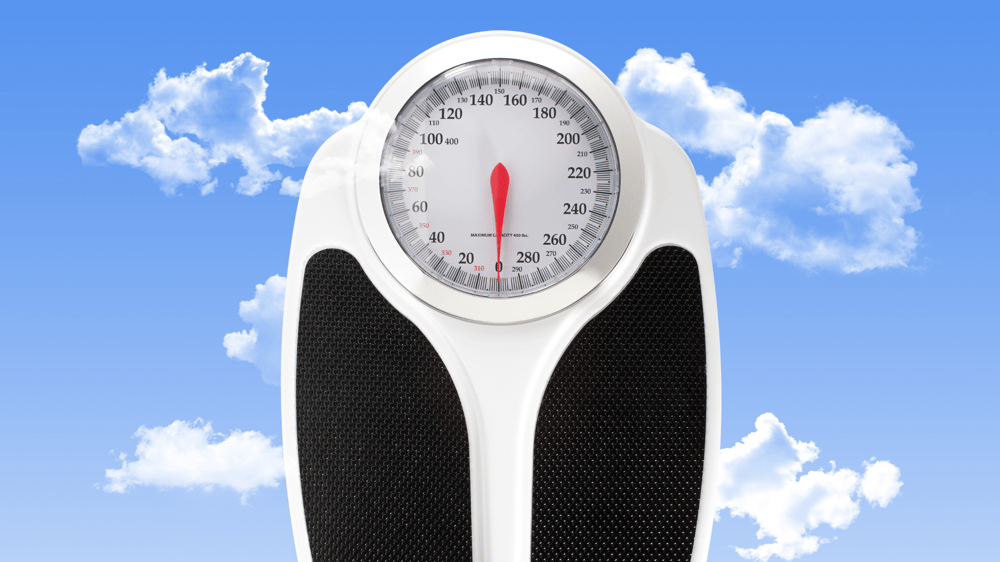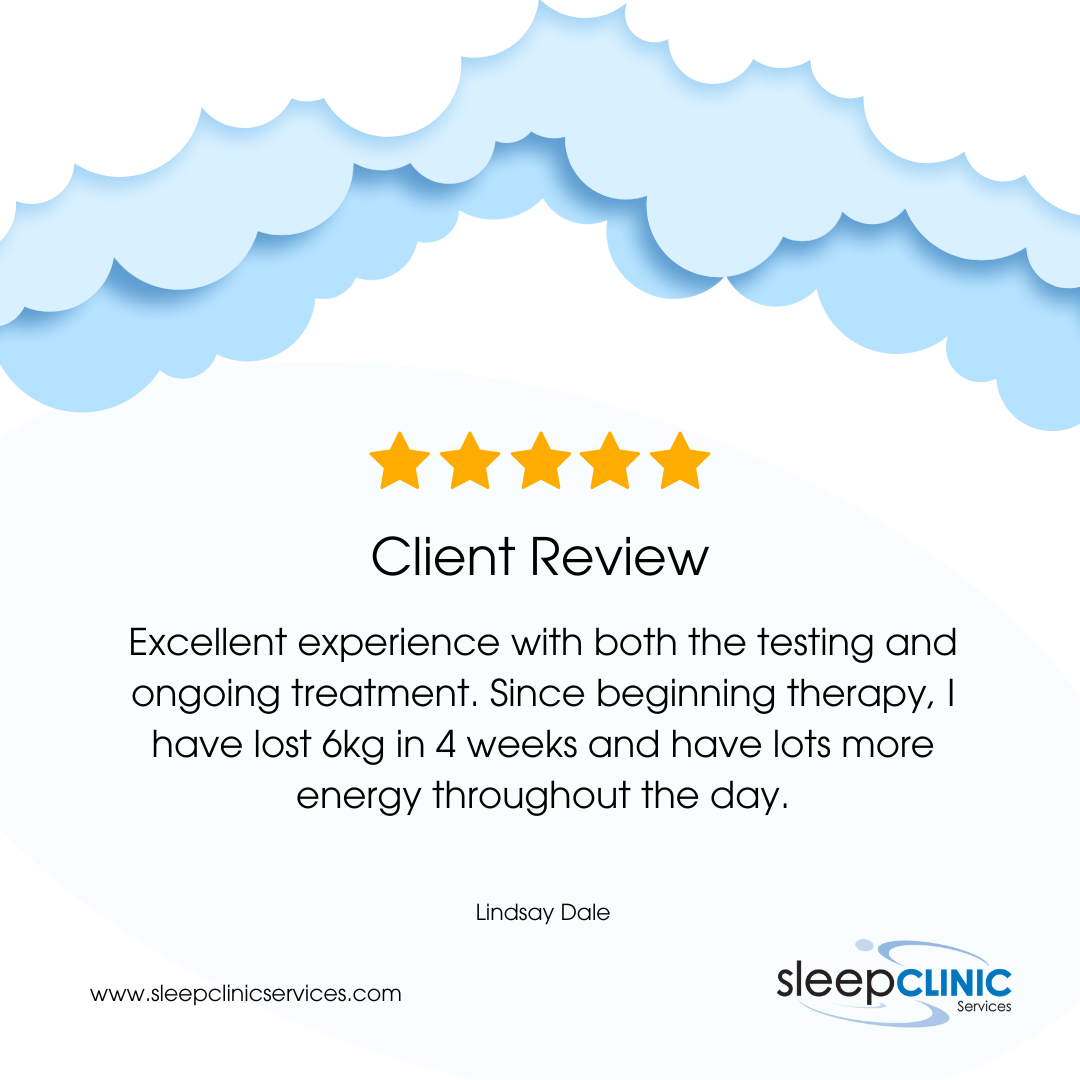Hero 1

The Surprising Link Between Sleep Apnea and Weight Gain: What You Need to Know
Are you struggling to achieve your weight loss goals? Tried a million fad diets? Done the strict calorie counting? Even endured those over-priced cleanses? (yuck!)…
But you aren’t seeing any results?
Well, that might be because you’re overlooking an important factor. Sleep.
Extensive research has now identified that poor quality sleep can lead to insulin resistance. This affects the hormones which regulate appetite, making weight loss that much harder
Let’s take a deeper look at the intricate relationship between sleep, appetite, and metabolism and how sleep apnea could be playing a serious role in your weight loss journey.
Understanding Obstructive Sleep Apnea
Obstructive sleep apnea is a sleep-related breathing disorder that significantly disrupts sleep quality. It is estimated that around 1.3 million Australians suffer from sleep apnea, however, 80% of cases are undiagnosed.
OSA is characterised by recurring pauses in breathing, resulting from your airway closing either fully or partially during sleep. These pauses (known as apneas or apneic events)) can last from a few seconds to a minute or more and occur when the muscles in the throat fail to keep your airway open. These interruptions can happen dozens or even hundreds of times each night.
As a result, oxygen levels in the body drop, leading to brief awakenings throughout the night - your body goes into survival mode, causing you to wake briefly to restore your breathing. Pretty frightening right?
This leaves you with a disrupted sleep pattern, waking tiredness and feeling drained during the day. Sleep apnea can also lead to serious health concerns like heart disease, hypertension and type 2 diabetes.
‘But’, you might ask, ‘what does sleep apnea have to do with weight gain?’

A Vicious Cycle: Sleep Apnea & Weight Gain
Sleep apnea and weight have a complex relationship as each condition can worsen the other, creating a vicious cycle.
60-90% of adults with obstructive sleep apnea are overweight¹, and studies have also shown that people with OSA have a higher risk² of developing obesity - which is a proven risk factor for sleep apnea.
Being overweight makes you more predisposed to obstructive sleep apnea because fatty tissue builds up in the soft tissue of the upper airway. This causes the airways to narrow, making it easier for the throat muscles and tissues to collapse into the airway during sleep.
Impact on the Metabolism: How Sleep Apnea May Be Slowing Down Your Calorie Burn
If you have sleep apnea, it may be harder for you to lose weight - even if you're eating a healthy diet and exercising regularly (I know, life’s not fair!).
Recent studies have shown that sleep apnea can have a direct impact on your metabolism³, making it slower and less efficient in burning calories.
Hormonal Disruption:
One of the key reasons behind this metabolic slowdown is the disruption in the delicate balance of hormones that regulate metabolism.
People with sleep apnea often have more of the appetite-stimulating hormone ghrelin and less of the hormone leptin, which tells you when you're full.
Sleep apnea can also lead to an increase in the production of cortisol, the stress hormone, which also increases your appetite and can lead to insulin resistance.
Strategies for Managing Sleep Apnea and Weight Gain
If you’re experiencing sleep apnea and you’re struggling with your weight, it's totally normal to feel a bit overwhelmed, but there is a silver lining (I promise).
The good news is that if you manage your weight effectively, it can actually make your sleep apnea symptoms better - think of it as ‘two birds with one stone.’
A multidisciplinary approach can be hugely beneficial in improving your sleep quality and overall health. This is why it’s important to get professional guidance for effective sleep apnea treatment, while also having a weight loss plan in action.
Seeking Care for Sleep Apnea
If you suspect sleep apnea might be contributing to your weight gain, don't hesitate to take action. Our team of professional Sleep Therapists will determine the best course of action based on your specific needs and individual preferences.
At Sleep Clinic Services we give you the help you need, when you need it. From free screening to at-home sleep studies to effective treatment. Guaranteed.
Get in touch today for an obligation free chat with one of our Care Coordinators, or schedule a call and we will call back at a time you choose.

What patients like you are saying...
Great to deal with, very in depth and good explanations. Happy to help you work it all out!
Jack Wauhop
Great experience - Excellent communication and personal and professional service.
Mike Woodrow
I didn't know I really had sleep apnea and was surprised when the sleep test and report showed how badly my sleep was being affected.
Lorna Fleck
Get in touch
Are you ready to reclaim peaceful restorative sleep?
Wherever you are, we can help.
As Australia's leading provider of telehealth screening, diagnosis and solutions for 'sleep disordered breathing' sufferers, we care for people all around Australia.
Questions?
Call during business hours or fill in the form and we'll call you back at the time you choose. No cost, no obligation.


